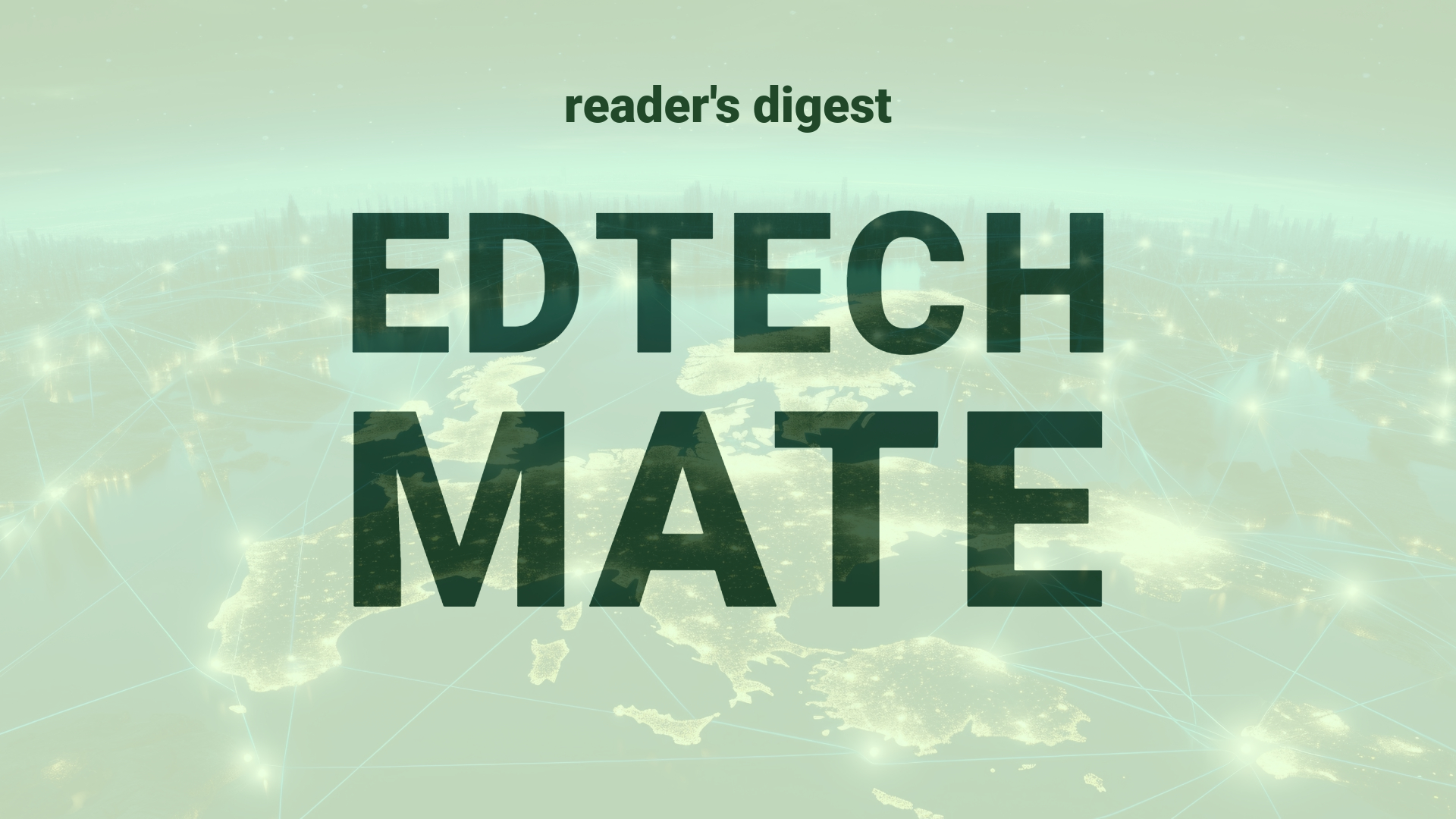Executive Summary and Main Points
Current technological and managerial dynamics in global higher education are shaped by the challenges and responses evinced within workplace environments, including the prevalent issue of micromanagement. Micromanagement refers to excessive control or attention to detail by managers, often impacting employee autonomy and productivity. This issue, while not exclusive to the education sector, has ramifications for its leadership styles and the evolution of managerial competencies against the digital transformation backdrop. Innovative practices mentioned range from fostering empathetic leadership, encouraging self-reflection, providing mutual feedback, building trust, seeking mentorship, to developing personal coping strategies and considering career pathways.
Potential Impact in the Education Sector
The prevalence of micromanagement as a leadership style can seriously affect Further and Higher Education landscapes where independent thought and flexible problem-solving are key. It can stifle creativity and hinder the development of a robust, self-reliant faculty capable of navigating and integrating digital transformations into curricula. Conversely, tackling micromanagement through strategic partnerships in education can foster a culture that values and expects autonomy, vital in the autonomous learning environments of Micro-credential programs, where industry-aligned, bite-sized learning is often pursued independently.
Potential Applicability in the Education Sector
AI and digital tools offer innovative avenues for addressing micromanagement in education. Digital platforms can facilitate transparent tracking of faculty progress and contributions, reducing the need for constant oversight. AI-informed dashboards can predict potential lapses in performance or delivery, proactively signaling support rather than promoting reactive oversight. Through custom alerts and data analytics, technology can serve as a mediator that balances oversight with empowerment—a paradigm shift crucial for global education systems.
Criticism and Potential Shortfalls
Critically, while emerging technological interventions might promise greater operational efficiency, they carry the risk of reinforcing micromanagement through surveillance if misapplied. This imposition could undermine trust, a cornerstone of effective education leadership. International comparative case studies indicate that cultural and ethical contexts significantly affect perceptions of management styles. For example, what is considered micromanagement in one cultural context may be interpreted as diligent leadership in another. Ethical considerations around privacy and autonomy become particularly pertinent with the incorporation of AI and digital monitoring tools in the educational workspace.
Actionable Recommendations
To tackle micromanagement, international education leaders should consider introducing leadership development programs that emphasize empathetic and empowering management styles. Institutions can pilot AI-based performance tracking tools, ensuring they are implemented ethically and with respect for individual autonomy. Professional development should include workshops on feedback literacy to establish a culture of constructive, growth-oriented communication. Lastly, creating mentorship structures outside immediate management hierarchies could offer critical support networks that energize faculty and staff, fostering a resilient educational environment.
Source article: https://hbr.org/2024/06/when-your-new-boss-is-a-micromanager

